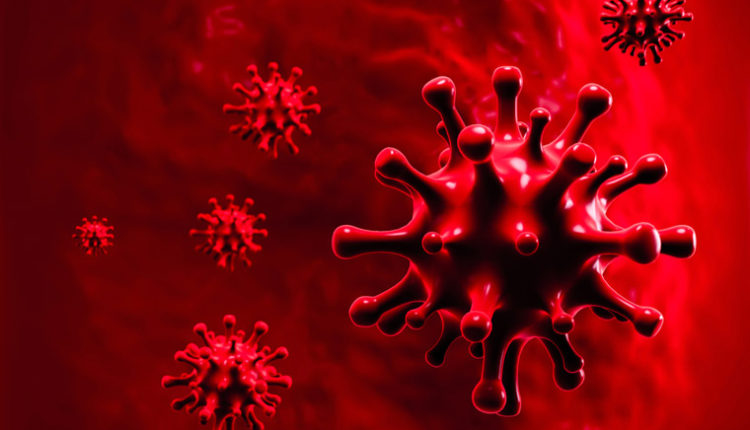It has been almost one and a half years since the COVID19 pandemic has hit the world. Most of us are well aware of the symptoms of the disease such as fever, dry cough, and shortness of breath. However, a team of experts has found that it might not apply to one particular group of people. A new study has recently shown that most kids who are infected with the SARS-CoV-2 virus do not show any sign of fever during infection. Nearly more than 12000 kids who have tested positive for COVID19 have been enrolled in the study. Experts who have been involved in the study have said that around 81 percent of these kids have not shown any sign of fever during infection. The study has noted that around 75 percent of these kids have not shown any of the regular symptoms of COVID19 such as cough or shortness of breath. In the study, experts have used electronic medical data from 33 health organizations across the nation. All participants of the study have been below 18 years and have been tested positive for COVID19 from April to October 2020. The findings of the study have been released in the journal called Scientific Reports.
The authors of the study have said that though COVID19 is considered a respiratory disease, only 16.5 percent of kids have developed respiratory issues. Around 18.8 percent of these kids have developed muscle ache, joint pain, general malaise, and loss of smell and taste. The loss of smell and taste has been the most common symptom of COVID19 among most adults who have been diagnosed with the disease. Experts have said that only 13.9 percent of children have been feeling nausea, vomiting, and diarrhea. The study has noted that less than 5 percent of children have been dealing with neurological symptoms during COVID19 infection. Nearly 8 percent of kids have developed rashes and other dermatological issues as an outcome of the virus, said the experts. The US Centers for Disease Control and Prevention (CDC) has reported that since the pandemic has started across the world around 3 million kids have been diagnosed with COVID19. The officials from the CDC have said that children who have been in the age range of 5 to 17 years have contributed to 10.2 percent of all confirmed cases of COVID19 in the US. The officials have said that kids who have been in the age range of 0 to 4 years have contributed to 2 percent of total COVID19 cases in the US. Around more than 33 million people have been infected with the SARS-CoV-2 virus in the US last year.
Health experts have said that overall the findings of the study have shown that kids and adolescents might deal with a mild form of COVID19 as compared to adults. They have said that looking at the high frequency of non-specific symptoms of COVID19 and the fact that most participants have not been showing regular symptoms of the disease, it has been proven that despite rising cases of the virus among children, they might be at a lower risk of severe complications of COVID19. The authors of the study have said that innovative and frequent testing and increased vigilance are needed among school-going kids and their direct contacts. They have said that routine testing tools such as daily temperature checks might not be very effective in schools. The findings of the study will help local and federal health authorities in the mitigation efforts to curb the spread of the virus and resource utilization specifically in areas where cases of COVID19 are surging. Children from high-risk households should be prioritized for COVID19 testing. Experts have said that innovative methods such as random testing of children and teachers, educating them on the correct usage of non-invasive pulse oximeters should be in place that can yield better outcomes in preventing the spread of the virus. Researchers have said that authorities should improve the implementation of these policies among kids from racial or ethnic minority groups as well.
